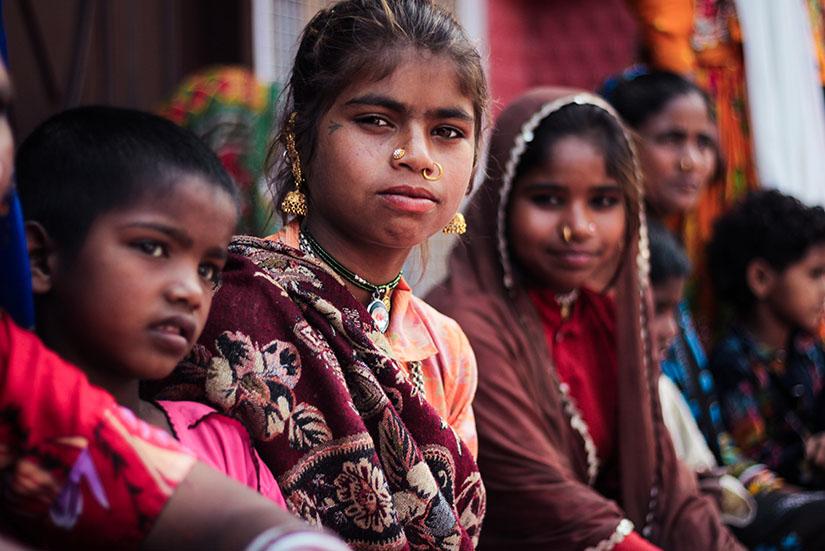
Photo credit: Sharon Christina Rorvik
Four senior academics from UTS and India’s Tata Institute of Social Sciences (TISS) are embarking on a joint research project to tackle the challenges faced by marginalised youth in India and Australia.
Their research will focus on education and aims to give the sector an action plan to improve the wellbeing of disadvantaged youth across the world.
The project is another step in the deepening collaboration between UTS and TISS, who have shared a Key Technology Partnership (KTP) agreement since 2010.
“Our aim is to look at the connections between local contexts and the experiences of young people, and then compare these across countries,” says Professor Nandini Manjrekar, Dean of the School of Education, TISS.
Professor Manjrekar and Professor Disha Nawani, Chairperson of the TISS Centre of Education, travelled to UTS in October as part of the KTP Visiting Fellow program.
Here, they met with Professor Rosemary Johnston, Director of the International Research Centre for Youth Futures, and Dr Meera Varadharajan, Research Associate at the International Research Centre for Youth Futures, to lay the ground work for their joint research.
“When we engage in collaborative research, we bring a greater richness of perspectives,” says Professor Manjrekar. “It's very exciting to see some of the work that's been done in other contexts, and how we can learn from those.”
Whilst India and Australia have many cultural differences, the two countries also share common social challenges.
“The definition of disadvantage is contextual. India's very diverse and has different ways in which one can define disadvantage based on many sociocultural factors,” says Dr Varadharajan. “Rather than comparing Australia and India, we want to look at the common challenges both countries face.”
“India and Australia share one very distinctive feature, which is that both have indigenous communities,” says Professor Manjrekar. “Both have strong indigenous communities with their own culture and their own relationship to the larger social-economic processes. We want to see how we can understand this within the specificities of local contexts as well as broader, global contexts.”
The researchers hope their collaboration will provide a fresh perspective to the academic world, as well as organisations working in the field.
“The research we do might be modest, but it does impact practice. Besides being shared amongst academics, it also gets read by people who are working in the field, like government,” says Professor Nawani. “In India, we work closely with the government to advise on policies, curriculum, teacher education, assessment and government committees.”
“We have strong relationships with government as well as corporates,” says Professor Johnston. “I’m currently working with corporates to develop understandings of how we can work together to achieve aims that are really productive for both sectors.”
Each academic brings her own areas of expertise to the collaboration, from childhood and youth marginalisation to sociology, gender and education. With four great minds working together, there could be room for clashing opinions. But rather than a challenge, the group see it as a strength.
“We do bring different expertise and perspectives to the research, but I think it adds to the richness of what we’re doing,” says Dr Varadharajan.
“Perhaps because we are women, we’ve been able to resist a certain kind of domination of one particular view,” says Professor Manjrekar.
The collaboration is opening new opportunities for students and staff, including joint PhDs and academic exchange.
“The good thing is, because we are KTP partners, both TISS and UTS are open to ways in which we can enhance our collaboration,” says Dr Varadharajan.
“This new KTP collaboration feels like the next step. Sharing ideas internationally, learning from each other, and informing our own axiology of practice through new perspectives,” says Professor Johnston.
“We all share a common passion in working towards improving the lives and the well-being of youth. That's what motivates us to come together as researchers to make a difference.”

